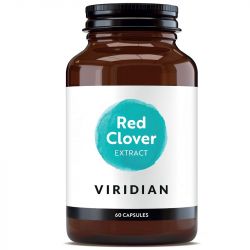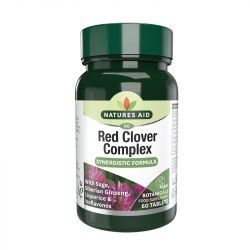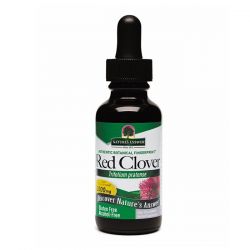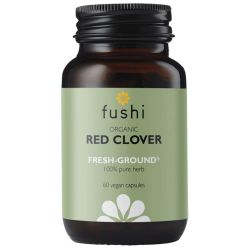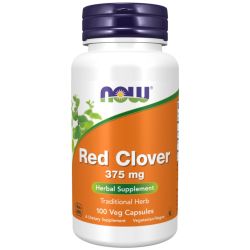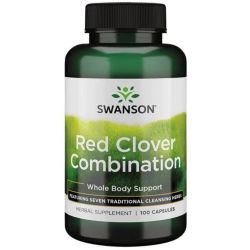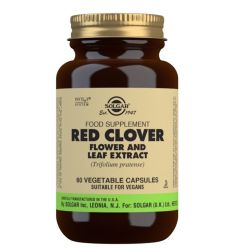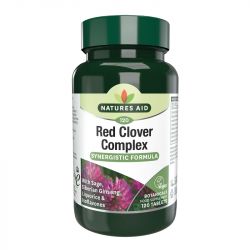Red Clover
Red Clover is a flowering plant native to Europe, Asia, and North America, known for its vibrant pinkish-red blooms. It is commonly used in herbal medicine due to its high content of isoflavones, which are plant compounds that mimic oestrogen.
Red Clover is often taken as a supplement to support menopausal symptoms like hot flushes and night sweats, and for strengthening bone health particularly for pre and perimenopausal women. As a natural source of phytoestrogens, it is popular among those seeking hormone balance and transitions.
 Botanicals For Life Agroecological Red Clover Extract 50mlSpecial Price £12.74 Regular Price £14.99
Botanicals For Life Agroecological Red Clover Extract 50mlSpecial Price £12.74 Regular Price £14.99
All you need to know about Red Clover
What is red clover good for?
Red clover is commonly used for women’s health, particularly in managing menopausal symptoms such as hot flushes, mood swings, and night sweats. It contains phytoestrogens, which mimic oestrogen and can help balance hormone levels.
Does red clover help with bone health and joint pain?
Yes, red clover may support bone health by improving bone density, particularly for postmenopausal women. Its phytoestrogens can help reduce the risk of osteoporosis and may also alleviate joint pain.
What are the side effects of red clover?
Common side effects of red clover include nausea, headaches, and skin rashes. It may also interfere with blood clotting, so caution is advised for individuals on anticoagulants.
Who should not take red clover?
People with a history of breast cancer, hormone-sensitive conditions, or those taking blood thinners should avoid red clover. Always consult a healthcare provider before use.
Is red clover safe to take with Hormone Replacement Therapy (HRT)?
We do not recommened taking red clover and HRT together as they both influence hormone levels, it’s important to consult a healthcare professional to avoid potential interactions or hormone imbalances.
Does red clover harm the liver?
There is no strong evidence that red clover harms the liver, but high doses or prolonged use should be monitored. Always follow dosage recommendations to avoid strain on the liver.
How much red clover should you take per day for menopause?
For managing menopause symptoms, a typical dose is around 40-80 mg of red clover extract daily. However, it’s best to follow the specific dosage instructions on the supplement you are using.
Does red clover increase testosterone?
No, red clover contains phytoestrogens which mimic oestrogen, and there is no evidence to suggest it increases testosterone levels. Its effects are primarily oestrogenic rather than androgenic.


